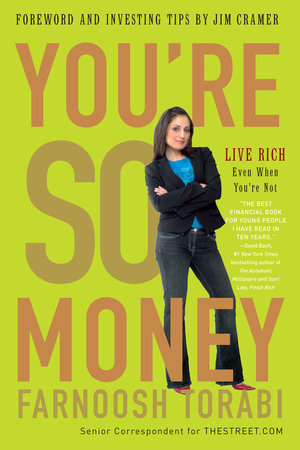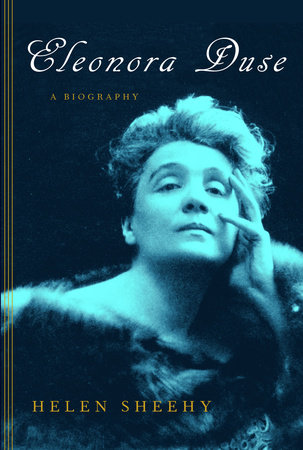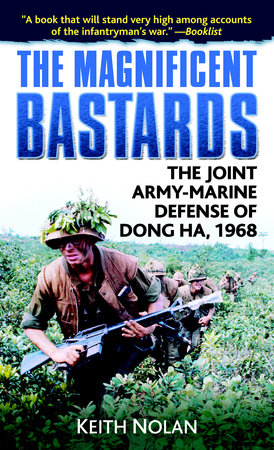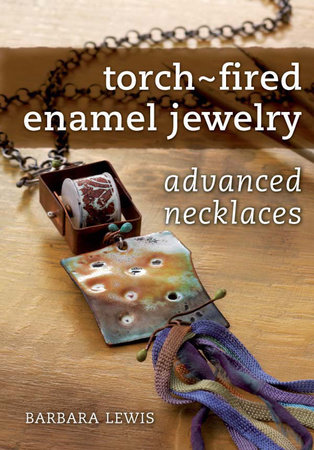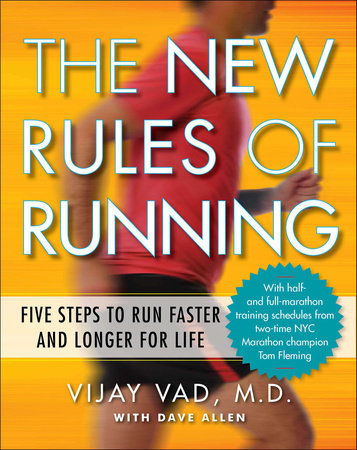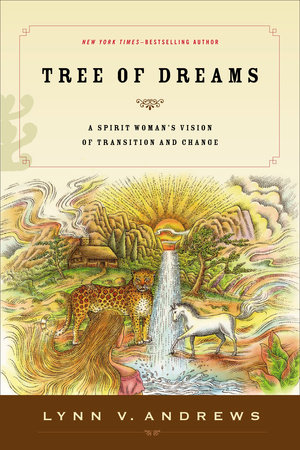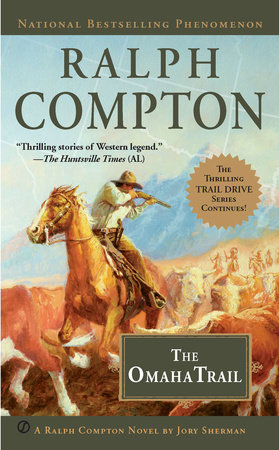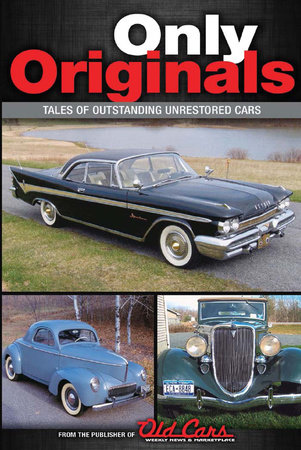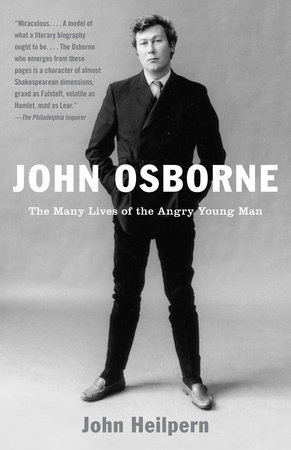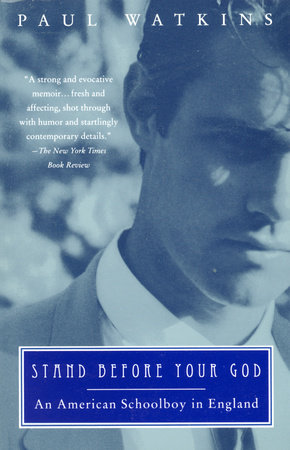Author Q&A
Q: The subtitle of your book refers to the title of Osborne’s most revolutionary play, Look Back in Anger, set in post-war Britain and which captured the mood of the time. For those who don’t know him as well, what would you say are the most significant contributions Osborne made to 20th-century theater? And who was the Angry Young Man of that ‘50s and ‘60s era?
A: Osborne was the dramatist who brought emotion to the British stage. God forbid the traditionally understated Brits should reveal what they really feel about anything! As a rule, you must guess what an Englishman truly feels by what he doesn’t say. Emotion is hidden in the subtext, like the sophisticated plays of Noel Coward that Osborne rebelled against. What made Look Back in Anger so thrillingly new is that in the blazing heat and fury of its language, in its unstoppable grievance and class warfare, it was the first British play to openly dramatize bruising emotion, and the first to give the alienated lower classes and youth of England a weapon. The play—a mere play!—literally took the country by storm. Incredible though it seems today, until Look Back in Anger there were no working class actors because there were no roles for them to play—except servants! Osborne ushered in the now legendary working class revolution at the Royal Court Theatre in London. He connected to the frustrations of the country as a whole. The immensity of feeling and class hatred that he poured into the watershed Look Back was a shock to the entire system and made history.
Who was The Angry Young Man of the era? Osborne was the first—the founder of the movement that followed. An Angry Young Man of ‘50s and ‘60s England was the equivalent of Marlon Brando roaring into town on his motorbike to make trouble in The Wild Ones. When asked by a bewildered adult what he was so angry about, Brando replied, “Well, whadya got?”
Q: Although Osborne was clearly a fascinating man and writer, and a hopelessly romantic English melancholic, what about him was it that made you decide to write his authorized biography?
A: He was one of the very few successful dramatists on either side of the Atlantic who became even more famous than his plays. Osborne was a controversial British icon until his death on Christmas Eve, 1994, and he was loved and loathed in about equal measure. But the turning point for me in writing the biography was the access to his private diaries and letters. No outsider had ever read them before. They reveal something no one ever really knew about him: How he suffered. The diaries provided the window to his soul.
Q: You write that Osborne’s compensation for his failure as an actor was to write great whopping roles for his male leads: Laurence Olivier, Ralph Richardson, Albert Finney, Alec Guinness, Nicol Williamson, and Paul Scofield among them. Was he always seeing himself in these roles of “blistering contempt and desperation”?
A: Jimmy Porter, the furious anti-hero of Look Back in Anger who’s battling with his wife, is the young Osborne. The play is a portrait of his first failed marriage. To greater and lesser degrees, you can always see Osborne in his heroes, even in his portrait of the suffering Martin Luther in Luther. His heroes are all outsiders or renegades. The Entertainer with Olivier was based on his own lower class family. The role of the failed comic Archie Rice that Olivier made legend isn’t based on Osborne, however. He based Archie on a comedian he saw in London who died the death onstage every night. He just couldn’t get a laugh. He was powerless. Archie Rice is Osborne’s metaphor for England.
Q: Reading this book is like reading a who’s who of British theatre with everyone from Laurence Olivier and Harold Pinter, to Alan Bates, Vanessa Redgrave, Noel Coward, and Alan Bennett appearing. Was there much research to do, considering you interviewed so many friends and relations, including his daughter? How long did the research take and where did it take you?
A: I was born in England, but I’ve lived in New York for 25 blissfully neurotic years now. I had to take a working sabbatical for research in London and it lasted almost a year. I spent several weeks researching his notebooks and papers that remained in his Shropshire home where his widow and fifth wife still lived. I also met all his former neighbors from his years living in Kent, and was given a tour of his Edwardian house by the new owners who found hundreds of empty champagne bottles embedded in the banks of its four-acre lake—relics from Osborne’s lavish summer garden parties. I made several visits to Austin, Texas, where the bulk of Osborne’s archives are found at the Harry Ransom Humanities Research Centre.
Q: He had a very sad and lonely childhood, losing his beloved father to TB when he was a 10-year-old boy, and growing up with a selfish and taunting mother whom he nonetheless supported the rest of her life. How much did his early years of sadness affect him later in life, do you think?
A: For all his outer sophistication, Osborne was a man who never came to psychological terms with his hatred of his mother. He literally blamed her for the death of his adored father. He refused to see a psychiatrist, believing being shrunk would rob him of his talent. The outcome was that Osborne’s suffering and sense of loss remained with him till the end.
Q: Why was George Devine such an important father figure to him?
A: Devine, the first artistic director of the Royal Court, discovered him. He was the man who gave the impoverished Osborne a home. He supported his plays always. Devine became Osborne’s substitute father.
Q: With so many wives (2 critics and 3 actresses) as well as mistresses, do you think he really cared about them all?
A: Feminists say that Osborne was a misogynist who loathed women. But all his wives were bright, intelligent women who loved him. I think Osborne was a sucker for women. Any man who marries five times has to be trying to get something right. He was a serial marrier. He loved all his wives (until he didn’t). Two of them left him—the first wife, an actress, and the second, movie star Mary Ure, who eventually ran off with another movie star, Robert Shaw. Osborne wasn’t an easy man. Though he was outwardly reserved and even shy, he cruelly ended his third marriage to New Yorker film critic Penelope Gilliatt when he fell impetuously in love with another actress, Jill Bennett. Theirs was a murderous marriage. It’s often overlooked, however, that Osborne got marriage right in the end when he married for the fifth time. She was Helen Dawson, a drama critic for the Observer of London, and they were married for 18 happy years until his death.
Q: He abandoned his only child, his daughter, when she was 16 via a cruel letter . . . why?
A: It was the worst thing he ever did. His now adult daughter, Nolan, gave me the first interview she’s ever given and it’s become an entire chapter of the book. The miracle is that she survived at all. Nolan, who was raised in New York by her mother, Penelope Gilliatt, went to live with her father and his new wife, Helen, when she was 12. Her mother had serious alcohol problems and was no longer capable of looking after her. The irony is that Osborne gladly took Nolan in. He had always wanted her to live with him in England. And, all was well at first. But Osborne had no experience whatsoever of raising a child. Most parents find the rebellious adolescence of their children a pain to be got through. He simply couldn’t deal with Nolan’s adolescence. They argued, and he eventually kicked her out of the house via an abusive, unforgivable letter which is published in the book. She never returned.
Q: You talk about theatrical “camp” as a way around strict English class codes. Was Osborne’s taste for being a bit of a dandy who brandished a more posh accent than he was born with something the theater gave him?
A: Within the English class system, there exists a unique showbiz class. Osborne’s generation learned how to talk posh from the thoroughly middle-class theatre of its day. If you were an actor, as Osborne was, you learned how to speak properly from the upper class roles you played! Osborne, the lower-class son of a barmaid, could therefore rise effortlessly up the social ladder of England with his hand-made, dandyish suits and upper-class drawl.
Q: At the time of his death, you quote a Times editorial as describing him as a “true patriot, outraged by the blunders ruining his homeland.” Can you explain further what that meant?
A: Whatever his outer appearances and disguises, Osborne was a natural rebel. He might have been one of the last individualists in England. He was a politically incorrect, unyielding advocate of nonconformity in a conformist world. But he never stopped loving England. In many ways, he stood for England—for its traditional customs and values, for its music, language, architecture, even its prayers (Osborne was a church-going Christian). That’s why, on his death, the Times editorial described him as a patriot. His plays are often defined by their fury. But, in truth, he was a patriot for England.
Q: How long have you been a theatre critic and what drove you to it?
A: Madness, I guess. No one says as a child, “Mummy, I want to be a drama critic when I grow up.” I’ve been the New York Observer’s critic for fifteen years.
Q: What did you enjoy most about working on this book?
A: The battle to get it right. I miss the times when Osborne would appear and say to me, “And another thing!”
Q: How long did it take you to write?
A: Seven years, with a break of about a year for an unavoidable nap.
Q: What next?
A: I’m at work on what must be the opposite to a biography of John Osborne. It’s a children’s fable . . .



